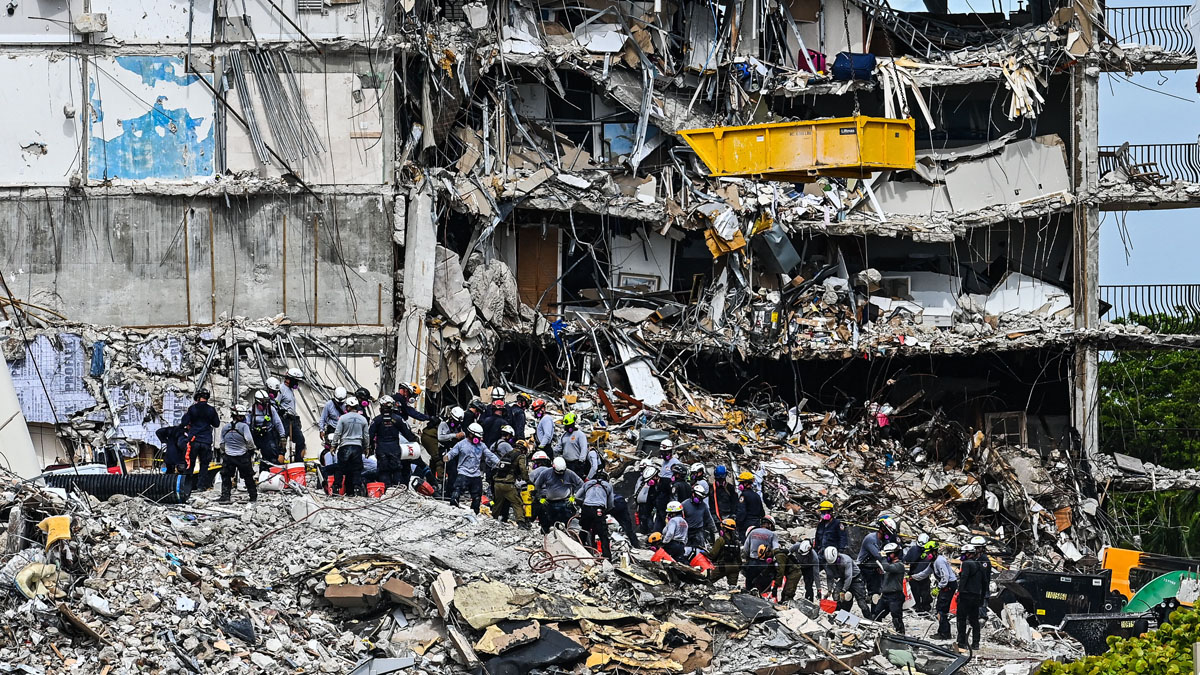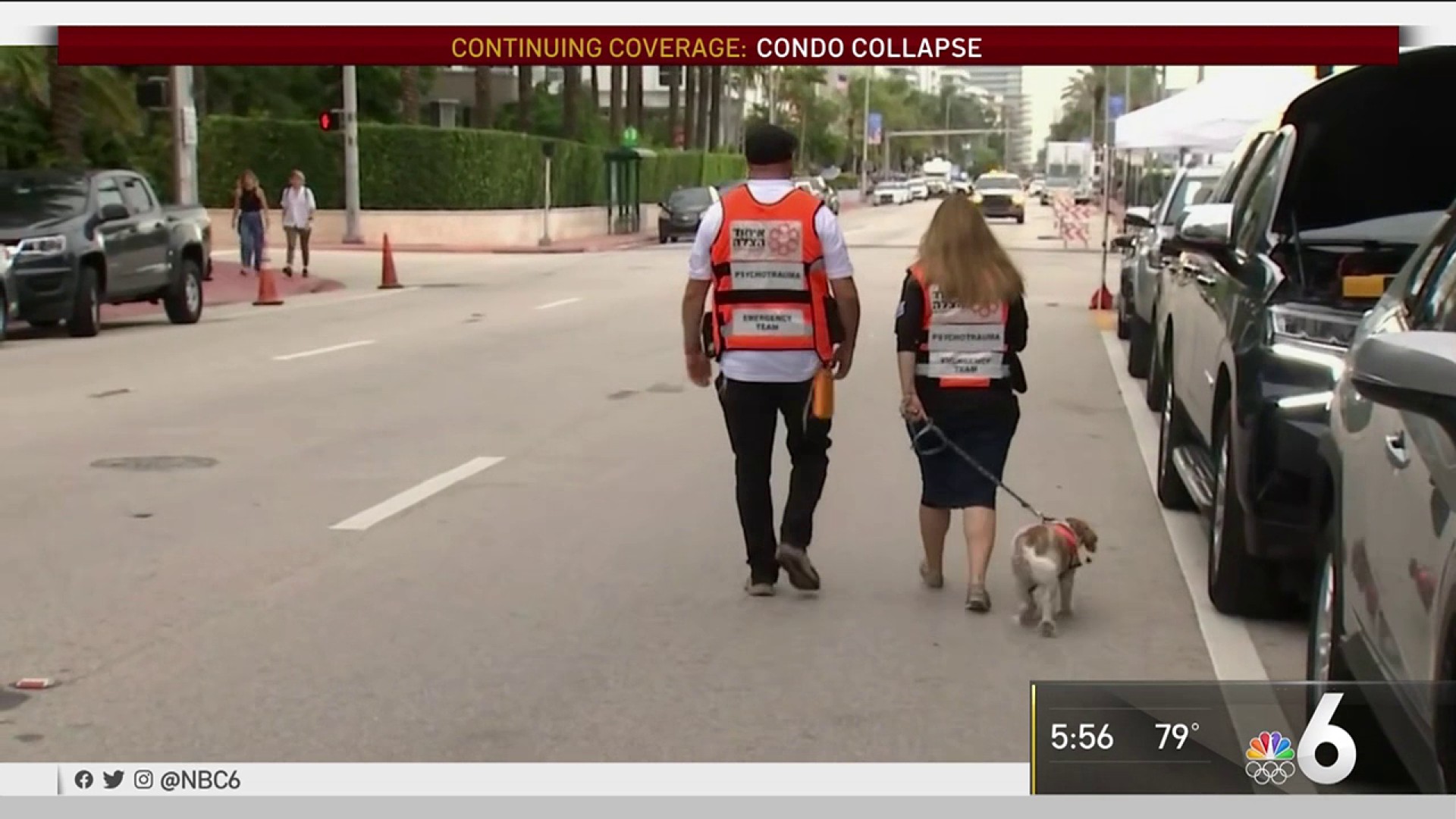The images of the Surfside building collapse and the aftermath can be traumatic for everyone.
Dr. Lauren Shure from Barry University, a licensed mental health counselor and professor, gave a perspective on what it's like to experience a traumatic event like the condo collapse.
"I imagine we're going to experience a number of people who are going to be scared to even walk into a high-rise building," she said.
Dr. Shure added that these are normal and natural reactions to such a tragedy.
Get South Florida local news, weather forecasts and entertainment stories to your inbox. Sign up for NBC South Florida newsletters.
"Feelings of despair, depression, anger and anxiety are only some of the emotions victims and family members may experience, but also first responders and even those just watching on TV or social media," she said.
"There is a phenomenon called vicarious trauma or secondary trauma, which can happen," Dr. Shure said.
Dr. Shure said the first symptoms of trauma are not necessarily post-traumatic stress disorder, which has a set number of criteria that have to happen for at least a month before being diagnosed.
The way someone processes a traumatic event at the time it happens is what can predict if they'll later develop PTSD.
"The sooner that you address the trauma and process it and work through it, the better the prognosis, the least likely you are to develop PTSD," she said.
There are some different ways to deal with trauma besides talking to a counselor.
"Some people might want to journal, they might want to dance, they might just want to do some strenuous exercises," Dr. Shure said. "I mean there are different ways, yoga, there are different ways that people can process trauma."
She said it's important to remember that we're not alone in our grief. If you would like support, call the National 24/7 Support hotline at 1-800-273-8255.



